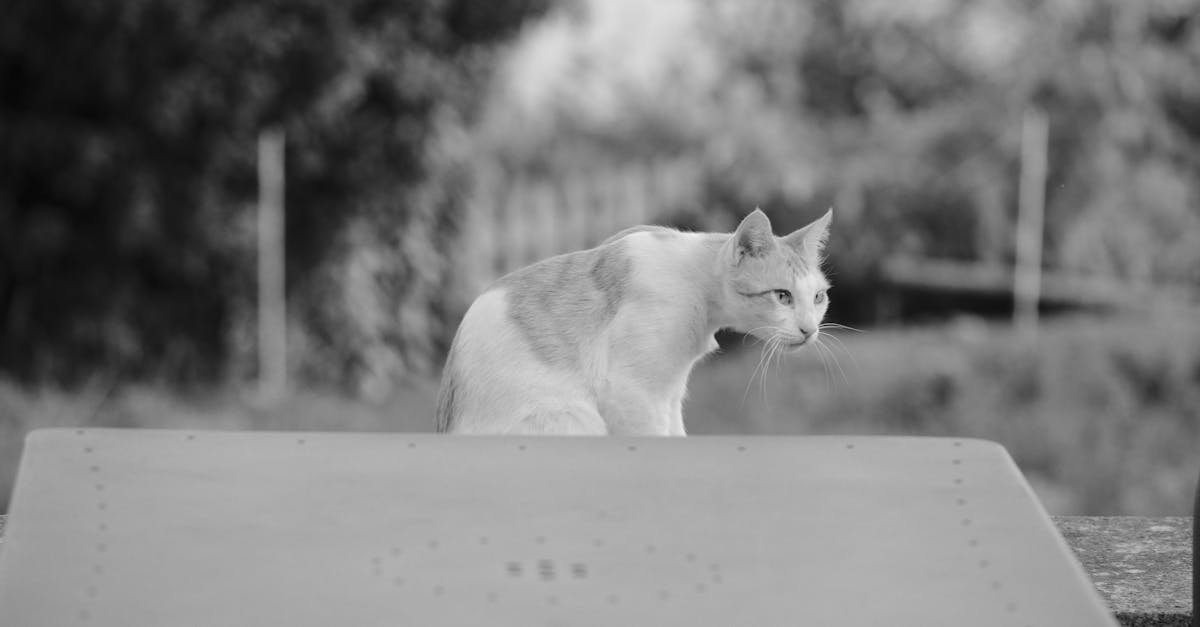
Cat Anxiety Remedies: Natural Solutions to Soothe Your Stressed Cat
Estimated reading time: 8 minutes
Key Takeaways
- Anxiety in cats can manifest through hiding, overgrooming, aggression, or litter box avoidance.
- Natural remedies like herbs, pheromone diffusers, and environmental adjustments can help.
- Calming sprays and travel strategies reduce stress during vet visits or trips.
- Long-term solutions include behavioral training and vet-prescribed medications if needed.
- A combination approach works best for managing chronic anxiety.
Table of Contents
- Introduction to Cat Anxiety
- Natural Remedies for Anxious Cats
- Best Calming Sprays for Cats
- How to Calm a Stressed Cat During Travel
- Cat Pheromone Diffusers Reviews
- Additional Long-Term Strategies
- Conclusion
- Frequently Asked Questions
Introduction to Cat Anxiety
If your cat is hiding more than usual, overgrooming, or acting out of character, they might be suffering from anxiety. Cat anxiety remedies can help ease their stress and improve their quality of life.
Anxiety in cats is a natural stress response triggered by:
- Changes in their environment (moving, new pets, or people).
- Loud noises (thunderstorms, fireworks, or construction).
- Travel or vet visits.
- Lack of mental stimulation.
Signs Your Cat Is Anxious
- Hiding or avoiding interaction (unusual for social cats).
- Excessive grooming or overlicking, leading to bald patches.
- Aggression (hissing, swatting, or biting).
- Loss of appetite or sudden weight loss.
- Inappropriate elimination (peeing outside the litter box).
Left untreated, chronic anxiety can lead to health issues like urinary tract infections or digestive problems. The good news? There are effective, natural ways to help your feline friend feel safe and relaxed.
Natural Remedies for Anxious Cats
Herbal Solutions for Cat Anxiety
Some herbs can help calm your cat without harsh medications:
- Valerian Root – Acts as a mild sedative. Use in small doses (consult your vet first). PetMD notes it’s best for occasional stress.
- Chamomile – Safe in cooled tea form or as a spray. The ASPCA recommends it for mild anxiety relief.
- CBD Oil – Non-psychoactive and reduces inflammation. A Cornell University study found it helps anxious cats relax.
Home Adjustments to Reduce Stress
- Create safe spaces (covered beds, high perches, or quiet rooms). For more ideas, explore our guide on creating a pet-friendly home.
- Keep a consistent routine (feeding, playtime, and sleep schedules).
- Use Feliway diffusers (more on these later).
Mental Stimulation for Anxious Cats
- Puzzle feeders – Keep their mind off stressors.
- Daily interactive play – Wand toys, laser pointers, and feather teasers help burn off nervous energy. Learn more about enrichment activities for pets.
Best Calming Sprays for Cats
Calming sprays mimic natural pheromones or use plant extracts to relax cats. Here are the best calming sprays for cats:
Top-Rated Calming Sprays
- Feliway Spray – Uses synthetic pheromones to reduce stress. Great for vet visits or travel. Feliway website.
- Pet Remedy Spray – Contains valerian and vet-approved ingredients. Works well for multi-cat households. Pet Remedy.
- Bach Rescue Remedy – Flower essences safe for travel anxiety. Bach Flowers.
How to Use Calming Sprays
- Spray carriers 15 minutes before use.
- Reapply every 4–6 hours for long trips.
- Avoid spraying directly on your cat (spray bedding instead).
How to Calm a Stressed Cat During Travel
Travel is a major stressor for cats. Here’s how to calm a stressed cat during travel:
Pre-Travel Preparation
- Familiarize your cat with the carrier – Leave it open with treats inside for weeks before the trip.
- Take short practice drives – Start with 5-minute trips and gradually increase time.
Travel Products That Help
- Portable pheromone diffusers (Feliway Travel Spray).
- Calming collars (Sentry HC releases soothing pheromones).
For more tips, check our pet travel essentials guide.
In-Transit Tips
- Cover the carrier with a blanket – Reduces visual stress.
- Play soft music – Classical or cat-specific tracks from Pet Acoustics can help.
Cat Pheromone Diffusers Reviews
Pheromone diffusers release synthetic versions of a cat’s natural calming scent. Here’s a breakdown of the best cat pheromone diffusers:
Top Pheromone Diffusers
- Feliway Classic – Best for multi-cat households. Amazon reviews show high success rates.
- Comfort Zone Diffuser – Budget-friendly and covers 700 sq ft. Chewy users report reduced aggression.
Where to Place Diffusers
- Near your cat’s favorite resting spot.
- Avoid windows or AC vents (disrupts pheromone distribution).
For multi-cat dynamics, read our guide on decoding cat behavior.
Additional Long-Term Strategies
Behavioral Training
- Desensitization – Gradually expose your cat to stressors (like carriers).
- Clicker training – Reinforce calm behavior with treats.
When to See a Vet
- If your cat shows severe anxiety (self-harm, refusing food).
- Prescription medications (like fluoxetine) may be needed. VCA Hospitals recommends them as a last resort.
Combination Approach Works Best
- Pair pheromone diffusers with daily playtime for maximum effect.
For senior cats, explore senior cat health tips.
Conclusion
Managing cat anxiety remedies requires patience and the right approach. Whether you use:
- Natural herbs (valerian, chamomile, CBD oil).
- Calming sprays (Feliway, Bach Rescue).
- Travel tips (carrier training, covered carriers).
- Pheromone diffusers (Feliway, Comfort Zone).
Every cat is different—experiment to find what works best for yours.
Frequently Asked Questions
- What are the best natural remedies for cat anxiety?
- How do calming sprays work?
- When should I see a vet for my cat’s anxiety?
What are the best natural remedies for cat anxiety?
Valerian root, chamomile, and CBD oil are effective natural options. Always consult your vet before introducing new supplements.
How do calming sprays work?
They mimic feline pheromones or use plant extracts to create a sense of security. Sprays like Feliway are especially useful for travel or vet visits.
When should I see a vet for my cat’s anxiety?
If your cat shows severe symptoms like self-harm, prolonged appetite loss, or extreme aggression, consult a vet for potential medication or behavioral therapy.
